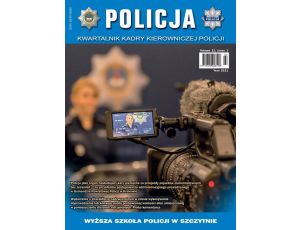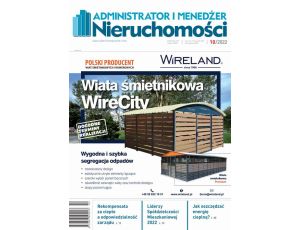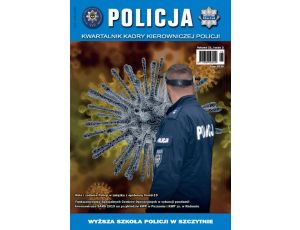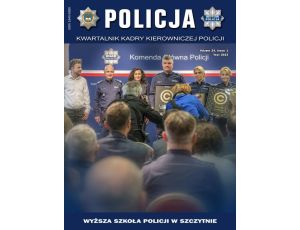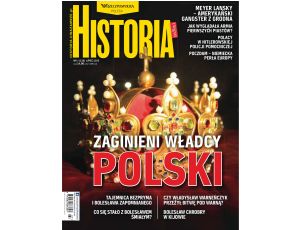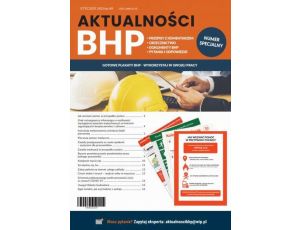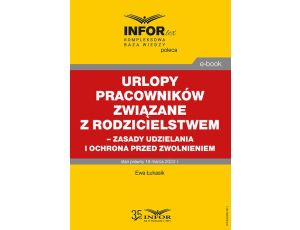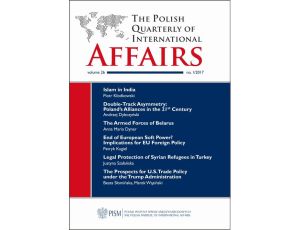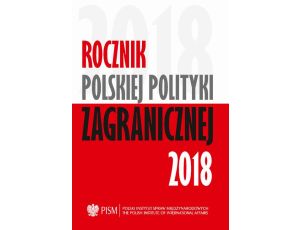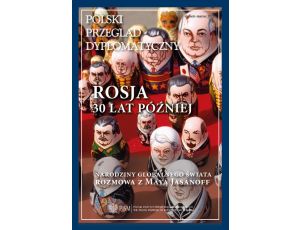Opis produktu
Opinie
Dear Reader,
It has become quite fashionable, and arguably correct, to dispute Francis Fukuyama’s
theory that the collapse of the Soviet Union brought about the end of history.
Anyone interested in Central and Eastern Europe understands that this region
is far from monolithic, also in the implementation (or lack thereof) of western economic
and political systems. At the same time we cannot deny that there is something
idiosyncratic about the former Soviet bloc, something which links its societies
together. Either through common experience or history (or both).
We address this phenomenon in this issue roughly using the term Homo postsovieticus.
It allows our authors to talk about the legacy of the socialist past which,
as they argue, has not yet fully disappeared. Its traces can be found throughout the
region and shape the lives of its many people. These traces have been captured by
a group of photographers who collectively call themselves the Sputnik group (not to
be confused with the pro-Kremlin Sputnik media). Their unique project is presented
by Wojciech Górecki in the opening essay to this issue and is accompanied by some
of their illustrative photographs.
In addition, we tackle the issue of the incomplete system transformation which,
in many cases, has allowed for a creation of hybrid socio-economic systems. They
may, like in Georgia as discussed by Kaja Puto, be a result of a hasty reconstruction
of the state to look more like what is believed to be the West. Or, as is the case of
Belarus, which is analysed by Maxim Rust, reveal a slower emergence of collective
identity that is both submissive and open, passive and entrepreneurial.
In the case of post-Maidan Ukraine, where without a doubt the transformation
has gone much further, the rooting of the western value system is also still under
way. As we can see from Andriy Lyubka and Nina Boichenko’s texts the possible
risks of its interruption cannot be ignored.
Additionally, in this issue we have prepared two special sections: the first one,
published on the 500-year anniversary of Martin Luther’s Ninety-five Theses, debates
the legacy of the Reformation from our region’s standpoint, while the second, at
the end of the issue, is dedicated to Joseph Conrad – a Polish-born writer whose
masterpieces have been read and studied throughout the world for generations.
Our authors take a new look at Conrad, his influences and how his works are still
very relevant in 2017.
Lastly, we are pleased to announce that in the autumn of this year New Eastern
Europe will be launching a new website. It will provide new features to subscribers,
who will not only be able to access our digital archive, but also read each text from
the issue online via their web browser.
We invite you to take a look and join us online at: www.neweasterneurope.eu
The Editors
Cechy
| Rodzaj: | eprasa |
| Format pliku: |
|
| Autor: | Praca zbiorowa |
| Język publikacji: | angielski |
| Rok wydania: | 2017 |
| Liczba stron: | 188 |
